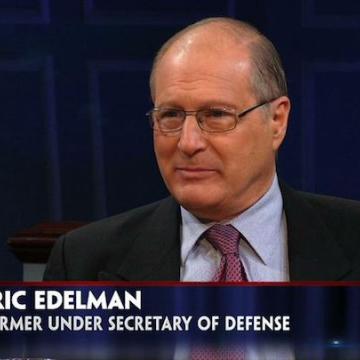The rise of strategic corruption
Countries have found ways to transform graft into a weapon on the international stage
Read the full article at Foreign Affairs
Graft is nothing new; it may be the second-oldest profession. Powerful people and those with access to them have always used kickbacks, pay-to-play schemes, and other corrupt practices to feather their nests and gain unfair advantages. And such corruption has always posed a threat to the rule of law and stood in the way of protecting basic civil and economic rights.
What is new, however, is the transformation of corruption into an instrument of national strategy. In recent years, a number of countries—China and Russia, in particular—have found ways to take the kind of corruption that was previously a mere feature of their own political systems and transform it into a weapon on the global stage. Countries have done this before, but never on the scale seen today.
Although any government can hire covert agents or bribe officials elsewhere, the relative openness and freedom of democratic countries make them particularly vulnerable . . .
The result has been a subtle but significant shift in international politics. Rivalries between states have generally been fought over ideologies, spheres of influence, and national interests; side payments of one kind or another were just one tactic among many. Those side payments, however, have become core instruments of national strategy, leveraged to gain specific policy outcomes and to condition the wider political environment in targeted countries. This weaponized corruption relies on a specific form of asymmetry. Although any government can hire covert agents or bribe officials elsewhere, the relative openness and freedom of democratic countries make them particularly vulnerable to this kind of malign influence—and their nondemocratic enemies have figured out how to exploit that weakness.
The fight against corruption has generally been marginalized in public and academic discussions of foreign policy. The problem is usually treated as a law enforcement challenge or a good-government issue—something that holds back political or economic development but that does not rise to the level of national strategy. Today, however, weaponized corruption has become an important form of political warfare. Defenses against it must move into the mainstream of international policy work in every vulnerable government, including in the United States.
CORRUPTION ERUPTION
Strategic corruption differs in important ways from the more traditional forms that scholars call “bureaucratic corruption” and “grand corruption.” Bureaucratic corruption is the pervasive conversion of ordinary public service into a “bid for service”: for example, in many countries, simple steps such as getting a driver’s license or passing a building inspection require paying a bribe. This is the sort of graft that hobbles economic development by allowing well-connected insiders to profit from investment at the expense of genuine growth.
Grand corruption occurs when business leaders or major criminals (or oligarchs, who are a combination of the two) directly pay off top government officials in exchange for favors, such as a preferential position or control of a key economic sector that presents opportunities for high-margin plunder—often banking, telecommunications, or natural resources such as oil and gas. Both forms of traditional corruption erode weak states, leading to breakdown and civil conflict—a process playing out right now in countries such as Algeria, Bolivia, Iran, Iraq, Lebanon, and Venezuela.
[C]orrupt inducements are wielded against a target country by foreigners as a part of their own country’s national strategy.
In bureaucratic and grand corruption, the payer and the payee are mainly just trying to get rich. In strategic corruption, by contrast, the greed is still there, for at least some of the players, but the corrupt inducements are wielded against a target country by foreigners as a part of their own country’s national strategy.


